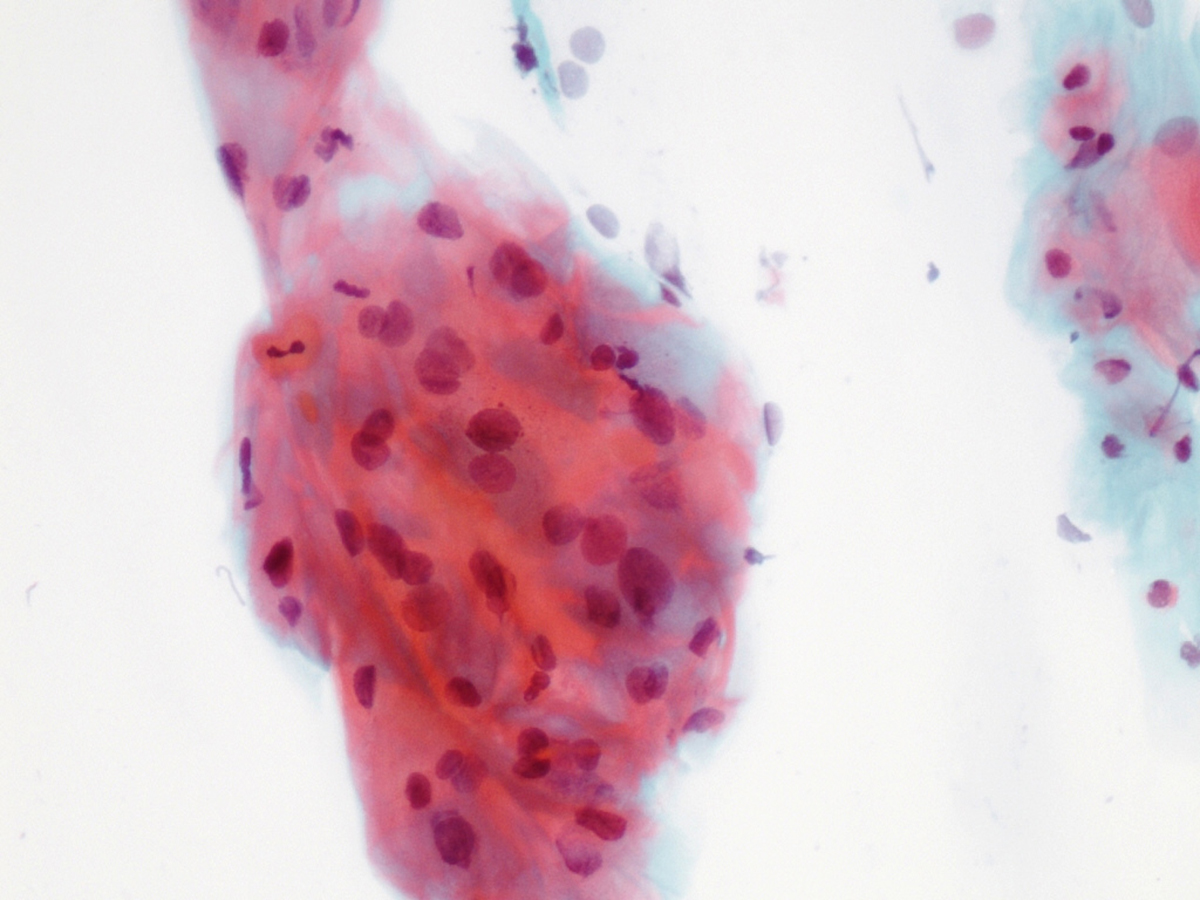Table of Contents
A new "nonavalent" vaccine against nine strains of human papillomavirus (HPV) promises to stop certain kinds of cancer in both women and men, as well as genital warts.
The theory behind the use of HPV vaccines is the same as the theory behind the use of flu vaccines. No vaccine works perfectly. In the United States, there will never be 100 percent participation in any vaccination program. However, people who get a vaccine that works don't pass the disease for which they are vaccinated to others. Indirectly, unvaccinated people also benefit from vaccinations.
If enough young people get enough effective vaccinations for enough strains of HPV, then genital warts should be less common, and cervical, anal, oropharyngeal, and oral cancers should be, too.

You are only protected against catching HPV from an unvaccinated sex partner if you yourself get the vaccine. Since there are now three vaccines on the market, which vaccine should your docto be giving you.
The Centers for Disease Control advises that:
- The bivalent (two-strain) vaccine is recommended as the minimum protection for girls so that they do not later develop cervical cancer.
- The tetravalent (four-strain) vaccine is recommended as the minimum protection for boys so that they do not develop genital warts.
- The nonavalent (nine-strain) vaccine is recommended to give about 15 percent greater protection against cervical cancer in females and 10 percent greater protection against HPV-related anal and oral cancers in males.
- The HPV vaccine is given as a series of shots at starting at age 11 or 12, before children are usually sexually active. Many parents object to the idea that their child might be inclined to have sex at that age, but the idea is to make sure that no matter what the child does or does not do, he or she will not contract the virus.
- If a child misses the vaccine at age 11 or 12, it is still a good idea to take the series of shots up to age 21 in males and up to age 26 in females, that is, there is added protection against cancer up to those ages.
- Not every doctor will have access to every vaccine. It's not a good idea to delay vaccination until the nine-strain vaccine is available. Girls can benefit from any of the three vaccines available now, and boys can benefit from either the four-strain or nine-strain versions of the product.
- There is not currently a recomendation for or against giving the nine-strain version of the vaccine after administration of the two- or four-strain versions have already been completed. However, it is not prohibited or advised against.
The politics of Gardasil has been distasteful. At least one state governor and Presidential candidate (the former governor of Texas) pushed hard to require vaccination while he owned stock in the company that made the product. Many families cannot imagine that their children would ever contract a sexually transmitted disease, although 25 percent do. The vaccine is not intended to insult morality. It is intended to protect against a virus, and the sooner one has immunity, the better.
- Laurie Markowitz, M.D. Common Questions About 9-Valent HPV Vaccine. CDC Expert Opinion. http://www.medscape.com/viewarticle/846509. Accessed 2 July 2015.
- Photo courtesy of PAHO/WHO via Flickr: www.flickr.com/photos/pahowho/13383711693
- Photo courtesy of Manuel Medina (Patólogo) via Flickr: www.flickr.com/photos/97815254@N06/9438070523


Your thoughts on this